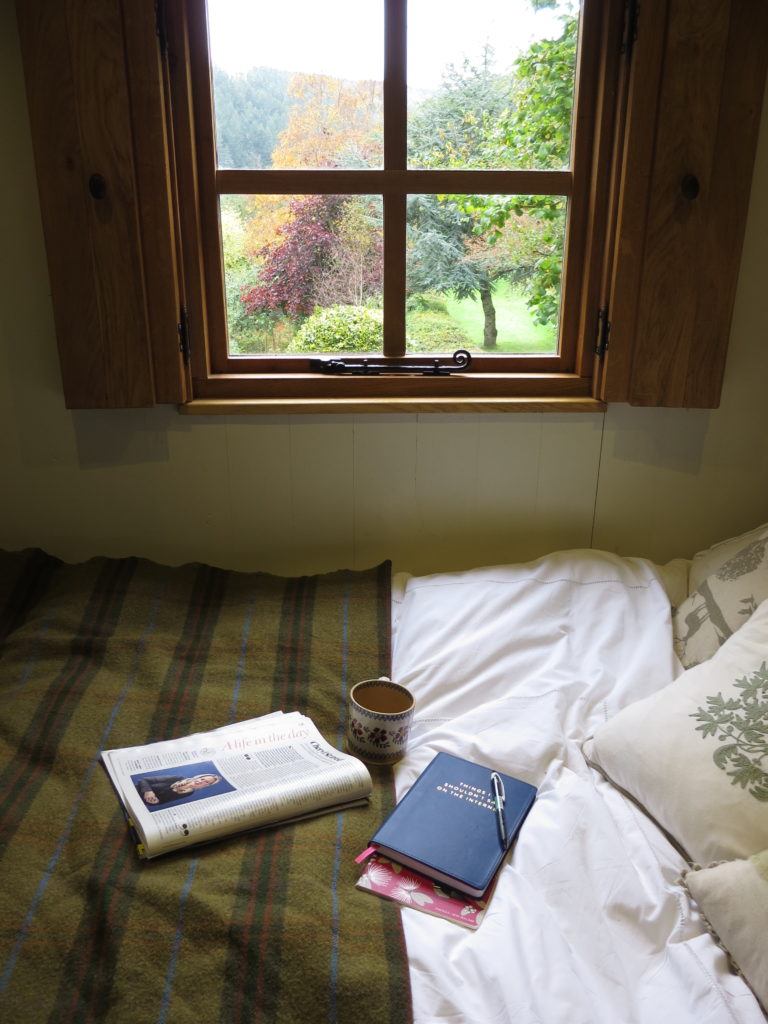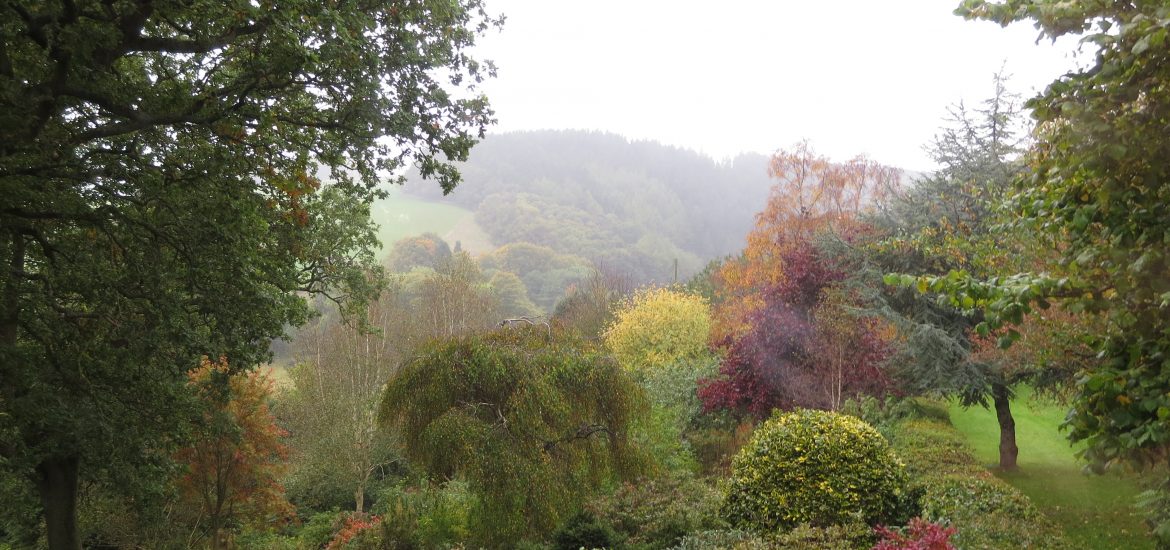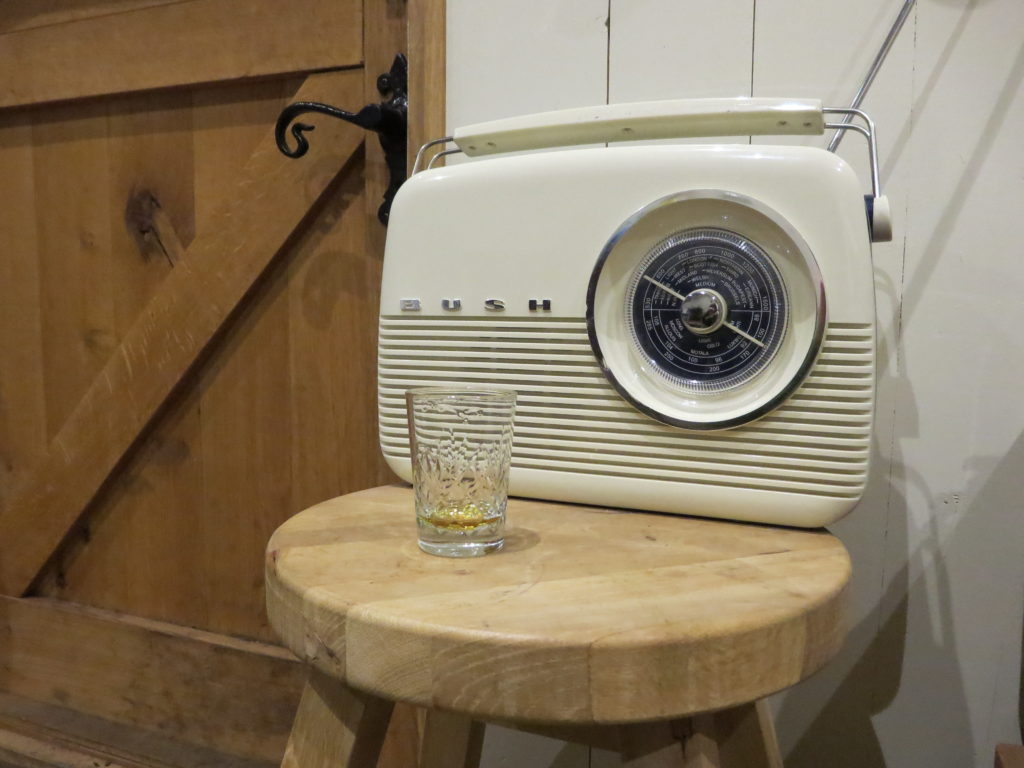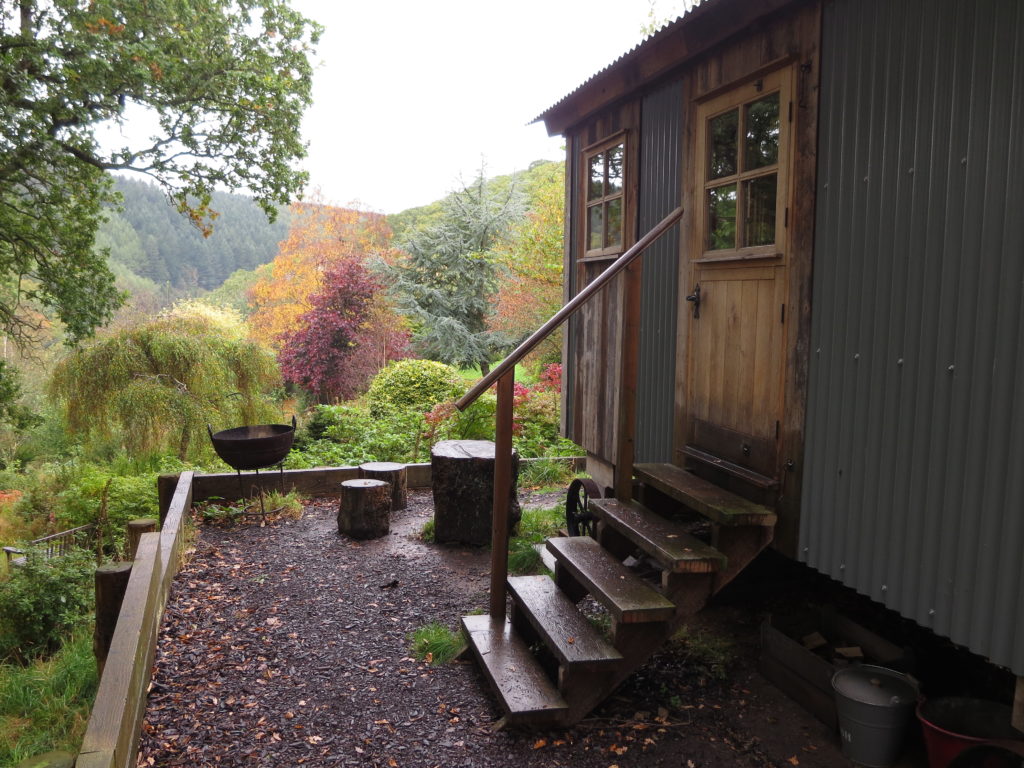I couldn’t tell you exactly when I became an introvert, but somewhere between the constant craving for company in my early twenties and the sudden delight at cancelled plans in my early thirties, I turned into one. Time on my own is as necessary to my ability to function as physical exercise. Or coffee.
And while introverts need alone time to recharge their batteries, sometimes, when the daily minutiae builds up and your head feels like a browser with too many windows open, a bit of alone time at home doesn’t cut it. So, with a few days leave to use up, I knew exactly what I would do.
I would go off grid.
While I dreamed of an isolated cabin by the sea (where, I fantasised, I might write my Great Novel and thrive on salty sea air), there were logistics to consider – no driver’s licence, no availability, nowhere remote enough – but after some extensive investigation I found the next best thing. A converted shepherd’s hut in the Scottish Borders. For four days the Woodsman’s Hut would be all mine.
I could get there by train, to Berwick-Upon-Tweed, and then a taxi ride across the English-Scottish border into Abbey St Bathans. It’s hardly the great wilderness, but it’s a gem of a place, surrounded by nature. The hut sits on the property of Mhairi and her husband Ed, but down in the woods, where you feel very much alone. I love a bit of solitude. We should all be able to be quality company for ourselves.

Life in the hut was wonderfully quiet. There is no phone signal, and I switched my phone off as soon as I arrived. I had no watch with me to tell the time. I had just enough electricity – thanks to solar panels on the roof – for a quick hot shower in the morning, and to have the lights on for a couple of hours in the evenings. (But in truth, I preferred reading by camping lantern.)
It rained for the entire four days I was there. And it was glorious.
My daily routine became thus: wake up, peek through the shutters, get the log fire burning. Boots on, trudge round the back of the hut to switch the converter on. Hot shower, water on the wood burner (for coffee and porridge), pick up a book, read, relax. I wrote pages of words. Once or twice I put the radio on. Other times I practised my harmonica – for once not even remotely guilty about the neighbours hearing – and one afternoon, during a rare lull in the rain, I went for a walk through the amber-coloured woodlands, windy hill paths and past the remains of an Iron Age broch. I didn’t see a single soul. In the evenings I’d make dinner, pour a dram of whisky, return to my stack of books, and fall asleep to the sounds of the owls hooting back and forth in the woods outside. Oh, bliss.
People asked me if I got lonely. I didn’t. Wasn’t I bored? Not once. The important question was, did I manage to recharge my batteries? That I did. My mind actually had a chance to declutter itself; I chipped away at writer’s block and found the space to assemble my thoughts. In four days I read three books, more than I’ve managed to finish in the past 12 months.
I could have stayed so much longer, to be honest. And by the time I was on the train back to London, I still didn’t feel any urge to switch my phone back on… whatever noise was waiting for me could wait a little longer. Instead, I opened another book.
“For now she need not think of anybody. She could be herself, by herself. And that was what now she often felt the need of – to think; well not even to think. To be silent; to be alone. All the being and the doing, expansive, glittering, vocal, evaporated; and one shrunk, with a sense of solemnity, to being oneself, a wedge-shaped core of darkness, something invisible to others… and this self having shed its attachments was free for the strangest adventures.” – Virginia Woolf, To the Lighthouse




